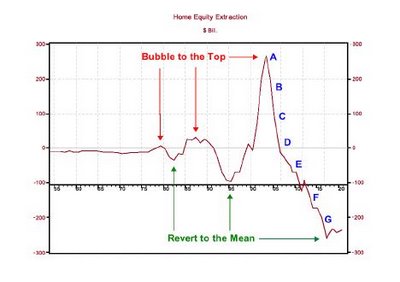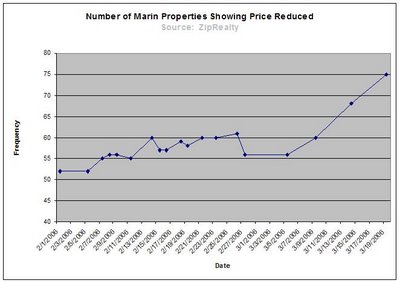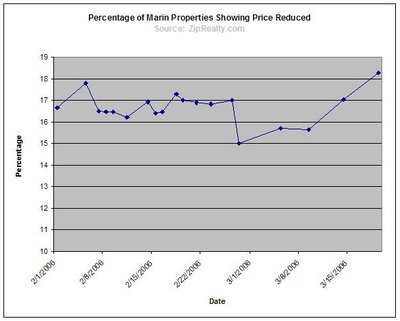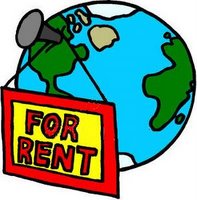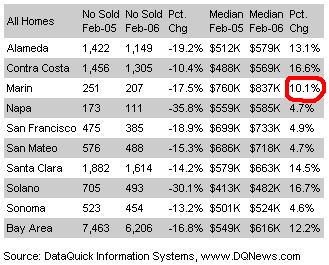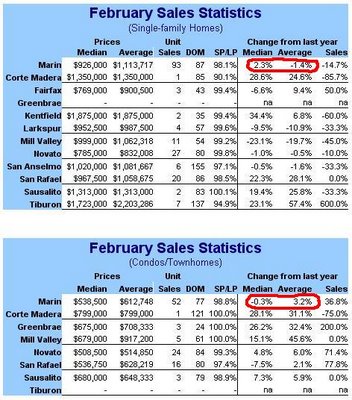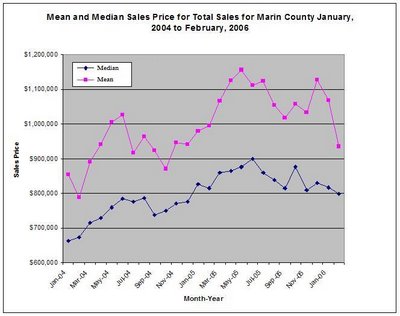Some choice quotes:
A survey released today by TNS Financial Services ranked Los Angeles County, Calif., the wealthiest county in the United States, based on the number of millionaire households.
TNS' annual survey of wealthy U.S. households is based on a representative national sample of more than 1,800 households with a net worth of $500,000 or more, excluding primary residence.
According to the survey, Los Angeles County has 262,800 millionaire households, which constitutes 23 percent of the state's wealthiest households, the survey found. Cook County, Ill, came in second with 167,873 millionaire households, followed by Orange County, Calif. (113,299 households); Maricopa County, Ariz. (106,210 households); San Diego County, Calif. (100,030 households); Harris County, Texas (96,593 households); Nassau County, N.Y. (78,816 households); Santa Clara County, Calif. (75,371 households); Palm Beach County, Fla. (69,871 households); and Middlesex County, Mass. (67,552 households).





